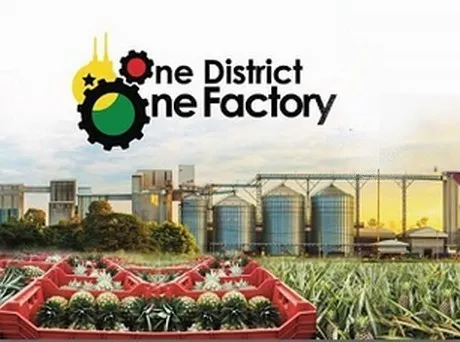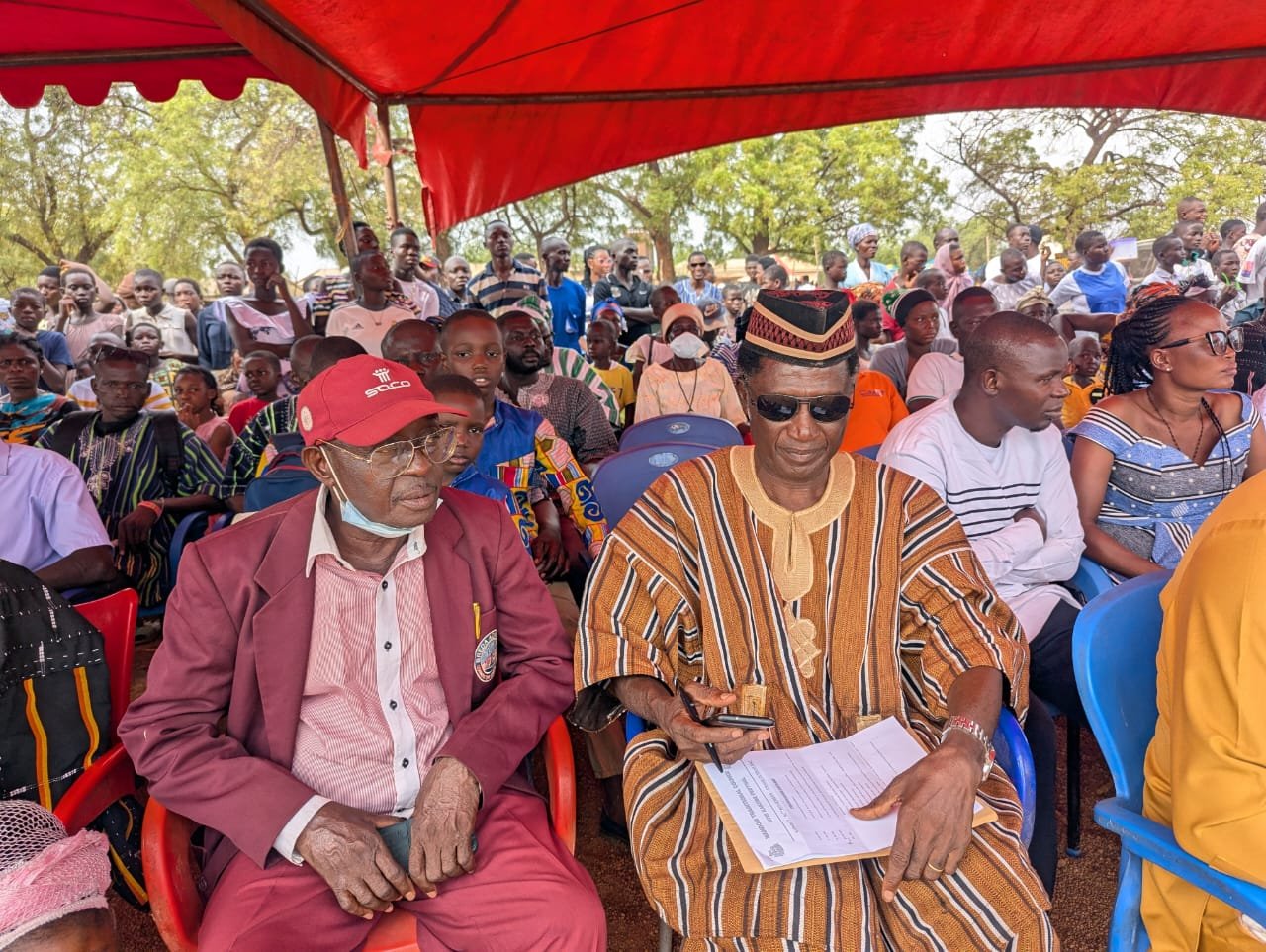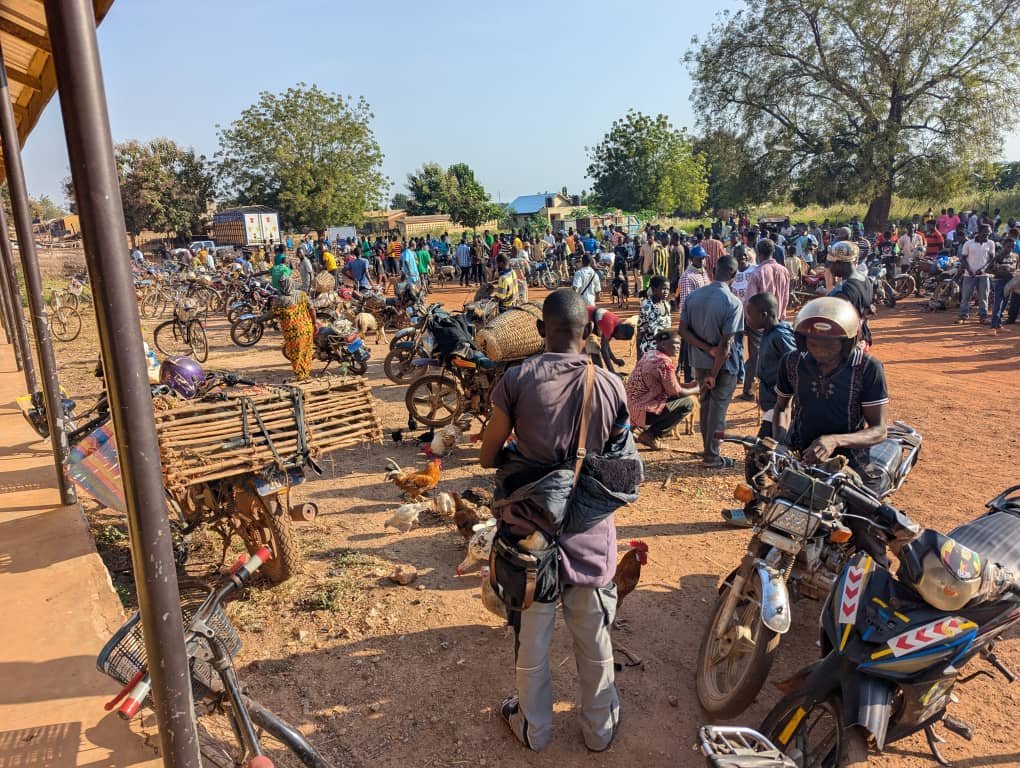Ghana is ranked the 8th top manufacturing country in Africa, according to a recent report by The African Exponent. This recognition highlights the country’s steady progress in industrial development and places it behind continental leaders such as South Africa, Egypt, Nigeria, Morocco, Kenya, Algeria, and Ethiopia, but ahead of Tunisia and Zambia. Ghana’s improved standing is largely credited to the government’s flagship One District, One Factory (1D1F) initiative, which was launched in 2016 to stimulate decentralized industrial growth across the country.
Since its inception, the 1D1F policy has led to the establishment of over 100 factories nationwide, significantly boosting production in agro-processing, textiles, cocoa refining, cement manufacturing, and pharmaceuticals. The initiative has also been instrumental in reducing import dependency, increasing local production, and enhancing the competitiveness of Ghanaian products in both domestic and export markets. These developments have created thousands of direct and indirect jobs, especially in rural communities, and earned praise from both local entrepreneurs and international observers.
Despite these achievements, youth unemployment remains a major concern. Many young Ghanaians, particularly those in rural areas, continue to struggle with limited job opportunities as several newly built factories are still scaling up operations. Analysts have pointed out that a lack of technical skills and vocational training is contributing to the employment gap, calling for targeted policy reforms to better align education with industrial labor market needs.
As Ghana celebrates this manufacturing milestone, the focus now turns to sustaining momentum. Experts argue that future success will depend not only on expanding factory capacity but also on improving workforce readiness and ensuring that industrial growth translates into inclusive economic development. With continued investment, policy support, and skills development, Ghana’s manufacturing sector could become a major engine of transformation for the country’s economy and its rapidly growing youth population.











